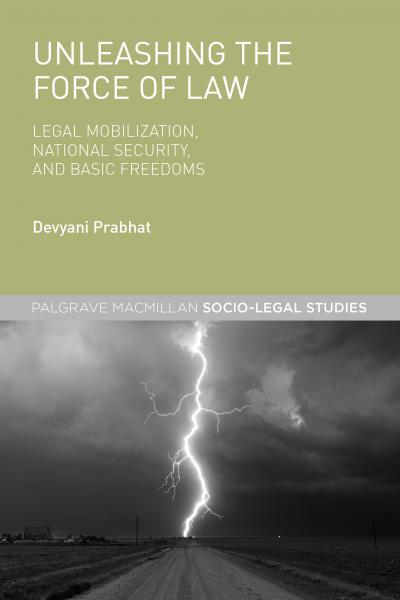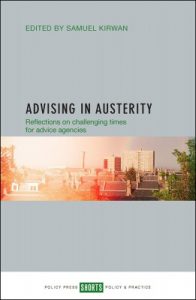By Kit Fotheringham, Bristol Doctoral College (University of Bristol)

In common with many developed nations, the public sector in the UK takes up a sizable proportion of economic activity. Therefore, the way the public sector is run is of interest to the public, both as citizens, who expect good administration of public services, and as taxpayers, who contribute to public finances. Of course, not all citizens are taxpayers (especially children and those on low incomes), nor can all taxpayers be regarded as citizens (notably, companies). Some scholars even question whether the balance sheet of a sovereign government with its own currency is comparable to the household pocketbook, positing that government spending contributes to overall money supply. Nevertheless, politicians play to the narrative that public money is the collective property of taxpayers, and seeking to persuade voters that their policies will offer the best protection against further encroachment on the economic interests of individuals. (more…)




